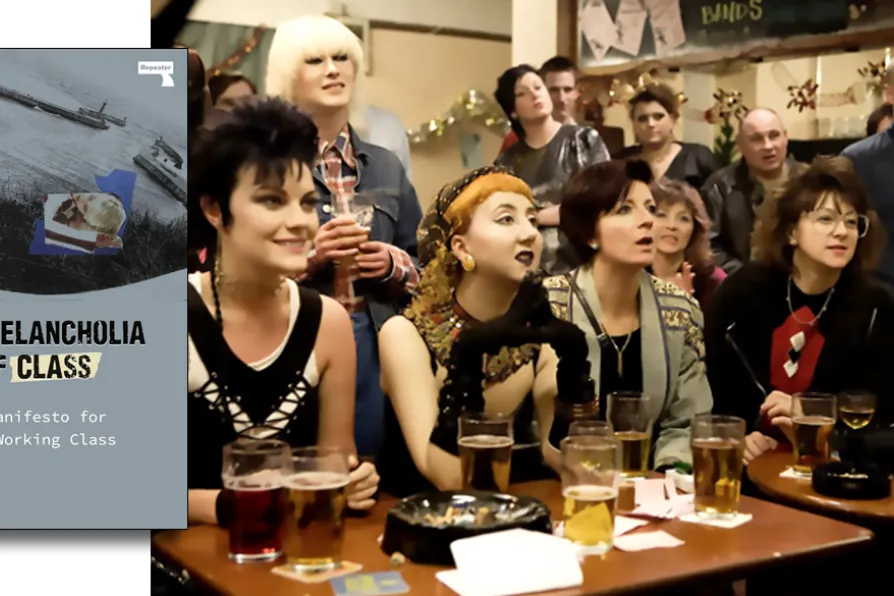ALISTAIR FINDLAY recommends the simple cadence, common prose, free verse, and descriptive power of a new collection by Julie McNeill

 Shane Meadows’ This is England
[IMDb]
Shane Meadows’ This is England
[IMDb]
The Melancholia of Class
by Cynthia Cruz
Repeater Books £10.99
ASPIRATION, assimilation, alienation and class are knottily intertwined in contemporary Western societies. Success is deemed to be synonymous with moving up assorted ladders – social, property, career – and, by default, leaving behind whatever defined your parents’ reality.
As Cynthia Cruz argues in her highly original polemic, which comes with the subtitle A Manifesto for the Working Class, the middle class disappear the working class in different ways: by assuming all the “typical” working-class jobs have gone to China; by thinking of the working class in anachronistic and gendered terms, as white, male and employed at a factory; and by seeing non-whites, who make up the bulk of shop assistants, drivers, nannies and construction workers in the US and in many areas of Britain, as a class apart, as something else. They insist there is no such thing as class, and that everyone can prosper, while simultaneously ensuring the vast majority of those born poor stay there.

ANDY HEDGECOCK recommends that these beautifully written diaries from Gaza be essential reading for thick-skinned MPs

CHRIS MOSS relishes the painting and the life story of a self-taught working-class artist from Warrington

GORDON PARSONS is fascinated by a unique dream journal collected by a Jewish journalist in Nazi Berlin











